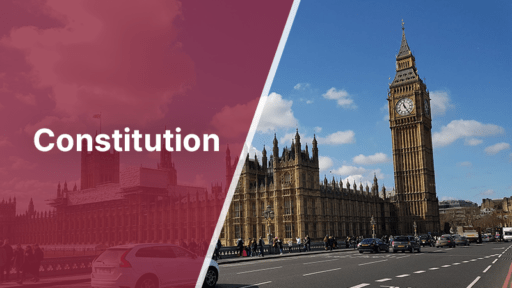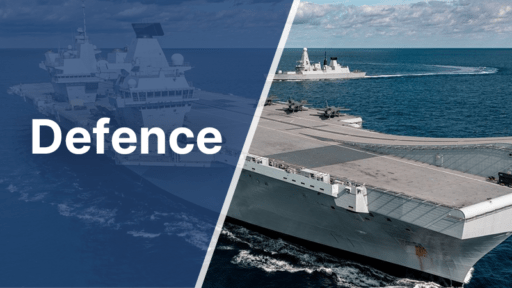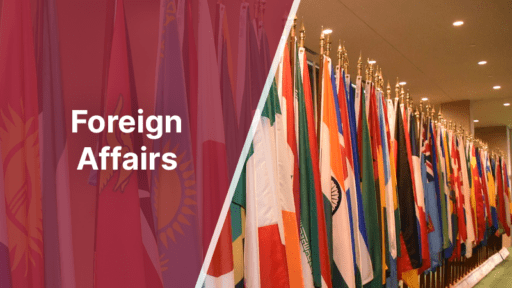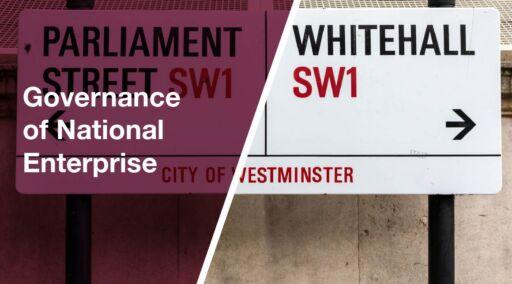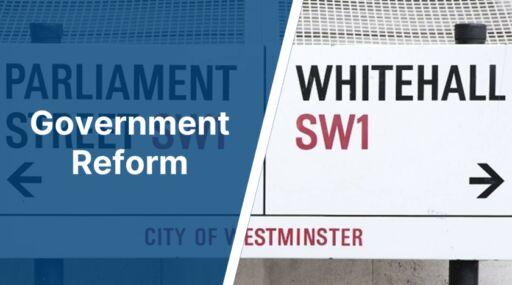- The UK fishing and seafood sector will be expanded. Investment will be target the economic self-reliance of smaller operators, train and maintain a workforce and equip large vessels to fish offshore stocks more sustainably.
- Quotas will be set using scientific evidence to avoid overexploitation and minimising discards in mixed fisheries. Social, economic and environmental criteria will be considered in quota allocation. Once the UK fleet has been revived quotas will only be granted to UK-owned and crewed vessels landing their catch in the UK.
- Access to additional species quotas will be granted for small vessels along with financial support to enable them to adapt and exploit new fisheries.
- Domestic consumption of sustainably-sourced British seafood will be increased via a public sector Buy British policy, clearer labelling and investment in local supply chain infrastructure.
- The environmental impact of aquaculture will be reduced via new research and regulation, more sustainable feed sources, restrictions on antibiotic use, lower stocking densities, use of multi-trophic systems and co-location with wind farms.
- The fishing industry and their wider communities will have a stronger voice in the establishment and monitoring of Marine Protected Areas. Commercial fishing will be given equal weight with other sea uses in marine spatial planning.
- Coastal communities will be regenerated through a combination of affordable housing, selective restrictions on second homes and holiday lets, improved broadband and public transport, new industrial processing facilities, competitive business rates and tax regimes incentivising skills training.
Fisheries
Britain is an island nation. We have a proud maritime history, rich fishing grounds and enjoy jurisdiction over the waters of 14 overseas territories – and yet we import most of the fish we eat. Fishing rights have fallen into the hands of a small and wealthy elite – including many foreign operators – while small-scale inshore vessels are squeezed out. Our fish stocks and the ecosystems which support them are an important national asset, but mismanagement over decades has allowed their depletion and degradation.
We must restore a fully UK-owned and crewed fishing fleet, protect the long-term viability of small-scale fishing and enable larger vessels to catch sustainable quotas. Government must also strengthen local supply chains and promote domestic consumption of British fish to improve regional economic development, national public health, food security and improve the UK trade balance.




